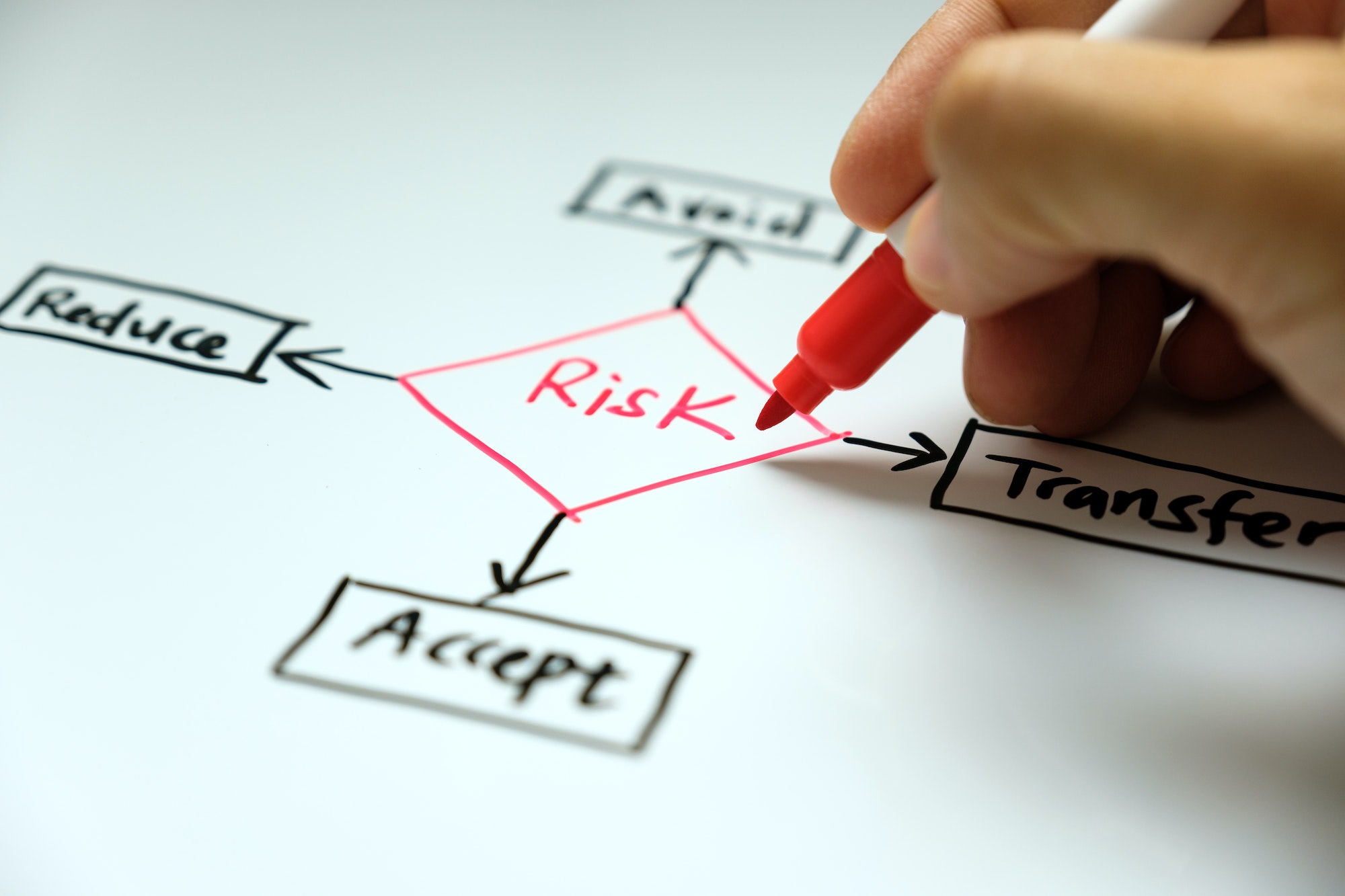Introduction
Cybersecurity has become a critical concern for healthcare organizations, as they deal with sensitive patient information and are targeted by malicious actors. The healthcare supply chain is particularly vulnerable to cyber threats, with numerous touchpoints for attackers to exploit. In this article, we will explore the best practices for reducing cyber supply chain risks in healthcare to avoid becoming a super spreader to other systems and organizations.
Understanding the Healthcare Supply Chain
The healthcare supply chain encompasses all of the entities involved in delivering healthcare services to patients, including hospitals, clinics, laboratories, and other healthcare providers. The supply chain also includes a range of non-medical companies, such as software vendors, equipment manufacturers, and logistics providers. Understanding the complexities of the healthcare supply chain is crucial to addressing the potential for cyber attacks.
Threats to the Healthcare Supply Chain
The healthcare supply chain is targeted by a range of cyber threats, including malware, phishing, and ransomware attacks. These attacks can compromise the confidentiality, integrity, and availability of sensitive patient information, resulting in financial losses and reputational damage. Additionally, cyber attacks can disrupt the delivery of critical healthcare services, putting patients at risk.
Best Practices for Reducing Cyber Supply Chain Risks
- Implementing Strong Passwords and Access Controls It is important to implement strong passwords and access controls to prevent unauthorized access to sensitive information. This can be achieved through the use of multi-factor authentication, password management tools, and regular password updates.
- Conducting Regular Vulnerability Assessments Regular vulnerability assessments can help identify potential weaknesses in the healthcare supply chain, enabling organizations to take steps to address them before they can be exploited by attackers.
- Providing Cybersecurity Training for Employees Providing employees with cybersecurity training can help them understand the risks associated with the healthcare supply chain and take steps to reduce those risks. This includes training on how to recognize and respond to phishing attacks, as well as best practices for password management and data protection.
- Engaging in Vendor Risk Management Organizations should engage in vendor risk management to ensure that their supply chain partners are taking appropriate steps to protect sensitive information. This includes conducting due diligence on potential suppliers and regularly monitoring their cybersecurity practices.
- Maintaining Regular Backups of Sensitive Data Maintaining regular backups of sensitive data can help organizations quickly recover from a cyber attack and minimize the impact of a breach. This includes implementing a backup and disaster recovery plan, and regularly testing the plan to ensure its effectiveness.
- Regularly Monitoring the Healthcare Supply Chain for Threats Regular monitoring of the healthcare supply chain is critical to detecting and responding to potential threats in a timely manner. This can be achieved through the use of security information and event management (SIEM) tools, as well as regular penetration testing.
- Ensuring Compliance with Healthcare Regulations Healthcare organizations must comply with a range of regulations, including the Health Insurance Portability and Accountability Act (HIPAA), to protect the privacy and security of patient information. Ensuring compliance with these regulations is critical to reducing the risk of a breach.
- Implementing Encryption for Sensitive Data Encryption can help protect sensitive data from unauthorized access, even if a breach occurs. This includes implementing encryption for data in transit, as well as at rest.
- Conducting Regular Security Audits Regular security audits can help organizations identify potential weaknesses in their cybersecurity posture and take steps to address them. This includes conducting regular internal audits, as well as engaging in external security assessments.
- Building a Strong Security Culture Building a strong security culture within an organization can help reduce the risk of a cyber attack. This includes fostering a culture of accountability, encouraging employees to report potential threats
Get your cyber vitals assessed with Andy.

Want to see how your businesses cyber vitals are doing and how you can improve them with actionable insights? Get in touch with Andy to get started with improving your cyber vitality today.




